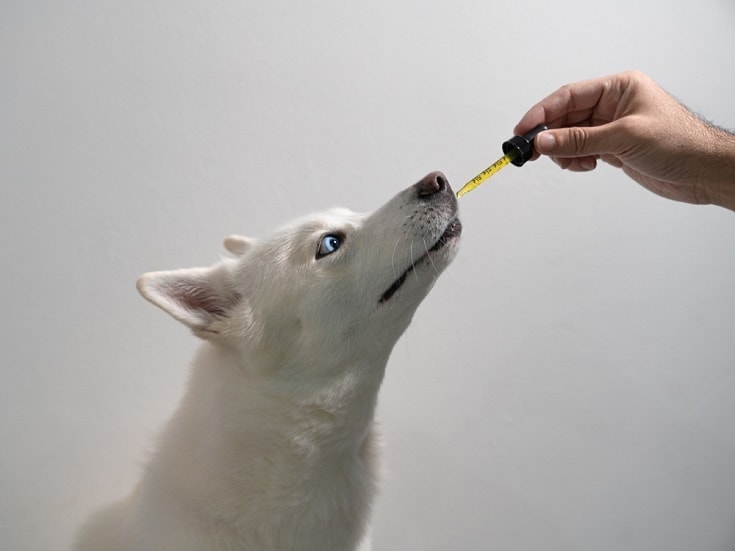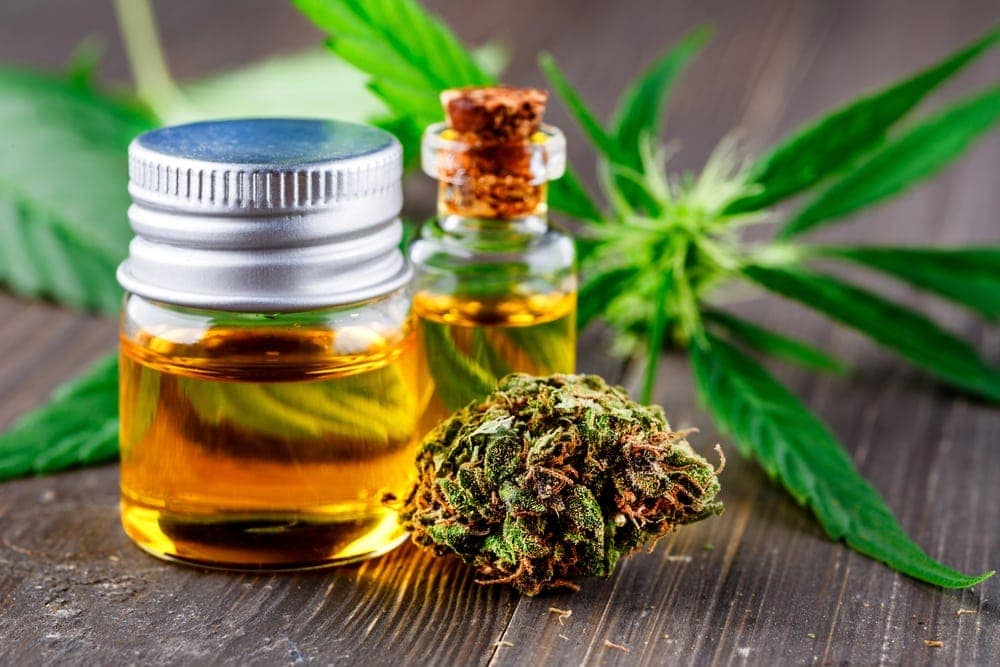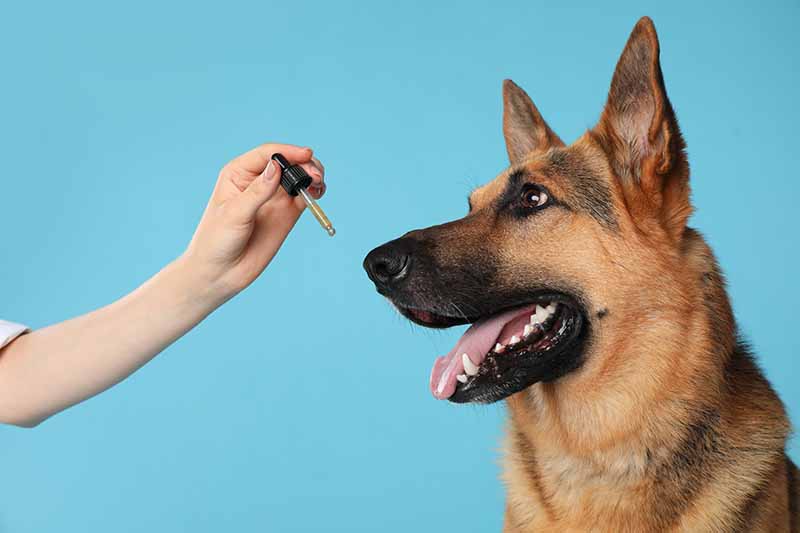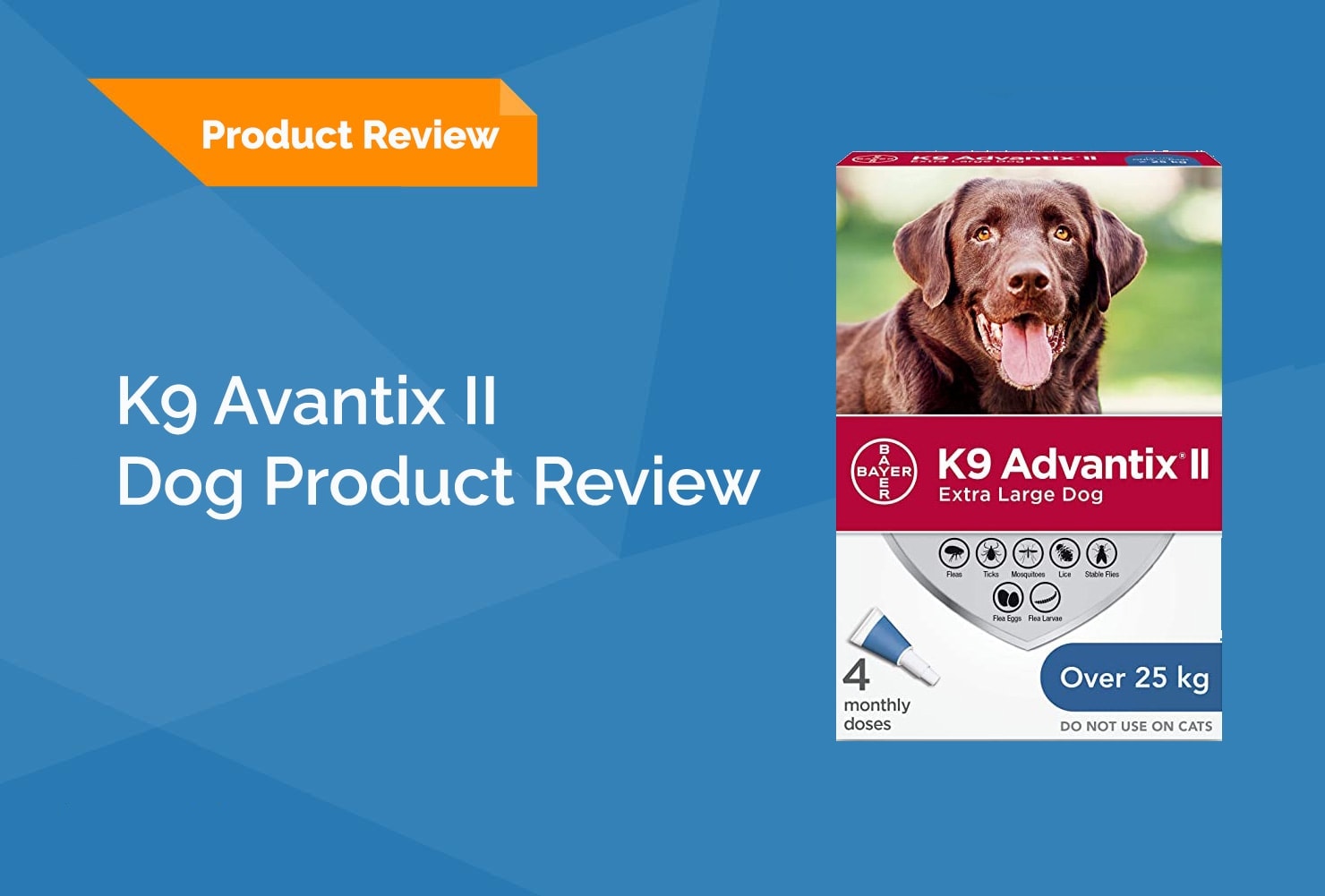Hemp Oil for Dogs: Vet Reviewed Facts, Pros & Cons
By Jessica Kim
Updated on

Disclaimer: The information about these products has been fact-checked by one of our licensed veterinarians, but the purpose of this post is not to diagnose illness or prescribe treatment. The views and opinions expressed are not necessarily those of the veterinarian.
Many people use hemp oil as a supplement because it’s reported to have several health benefits, including supporting heart health and reducing inflammation.
Anecdotally some dogs may experience similar benefits after taking hemp oil, but there is very limited research around its usage and effects.
Here’s what we know so far about hemp oil.
What Is Hemp Oil?
Hemp oil is extracted from the seeds of Cannabis sativa varieties. The seeds themselves don’t contain any tetrahydrocannabinol (THC), which is the psychoactive component found in cannabis plants. Hemp oil may still contain small traces of THC because other parts of the plant may have gotten mixed with the seeds during harvesting and extracting. However, you don’t have to worry about any psychoactive effects from hemp oil because THC levels are significantly low.

What’s the Difference Between Hemp Oil and CBD Oil?
The main difference between hemp oil and CBD oil is the part of the plant that’s used to make the oil. While hemp oil is made with seeds, CBD oil is made with other parts of cannabis plants. Like hemp oil, CBD oil won’t cause your dog to get high. This is because CBD oil cannot consist of more than 0.3% THC.1
Both hemp oil and CBD oil are marketed as natural remedies for different kinds of ailments. You can find versions of these oils specifically made for dogs. It’s important only to use hemp oil made for dogs to ensure you’re feeding your dog safe dosages.
Possible Advantages of Hemp Oil for Dogs
Hemp oil is high in polyunsaturated fats, which are known as the “good” fats. It’s composed of 70% to 90% polyunsaturated fats, including omega-3 and omega-6 essential fatty acids.2 Essential fatty acids cannot be synthesized by the body and are essential in the diet. Among other functions, omega 3 fatty acids are known to help manage inflammation, especially in the skin and joints. Omega 6 fatty acids are required for normal immune function and skin and coat health.
In humans hemp oil can help with reducing inflammation due to containing gamma-linoleic acid (GLA), an omega 6 fatty acid. Some research shows that GLA can help with alleviating certain inflammatory conditions in people, including irritable bowel syndrome, rheumatoid arthritis, and multiple sclerosis. Hemp oil may also improve brain health by reducing the risk of inflammation in the brain. It may have similar effects in dogs but there is little evidence or validated clinical trials in dogs.
Hemp oil is also thought to support heart health in people. Some studies show that hemp oil may help lower high blood pressure and cholesterol. It may have links to reducing the risk of developing cardiovascular disease.
Possible Disadvantages of Hemp Oil for Dogs
The claims for the effectiveness of hemp oil in dogs is mostly based on anecdotal claims and more research is needed. Some dogs may experience the health benefits of hemp oil, while others may not be affected by it at all. It may help to purchase a premium brand of high-quality hemp oil for dogs to increase the chances of noticeable health benefits. However, it still doesn’t guarantee that your dog will feel any positive changes.
Since hemp oil contains a lot of fat, it may end up adding too much fat to your dog’s diet. So, you may need to make changes to your dog’s diet to prevent overloading your dog with fats. Feeding your dog too much hemp oil all at once may also cause an upset stomach, which can involve diarrhea and vomiting and can lead to pancreatitis.

How to Safely Give Your Dog Hemp Oil
Hemp oil for dogs comes in a variety of different forms. In most cases, it’ll be in a bottle, and you can use a dropper to feed it directly into your dog’s mouth or drop it into its food. You can also find supplement chews that contain hemp oil.
Make sure to only purchase hemp oil products from reputable pet companies that produce high-quality hemp oil. This ensures that you’re buying strong hemp oil products with clean ingredient lists that omit fillers and artificial colors and preservatives.
If it’s your dog’s first time trying hemp oil, speak to your vet before starting to make sure there are no contraindications. This is particularly important if your dog has any underlying health conditions or is on any medication. Hemp oil may react with certain medications including cardiac glycosides and diuretics.
It’s also better to start in smaller doses and gradually increase them. This will help prevent upset stomachs and will also help your dog get used to the taste and smell. Picky dogs may not enjoy tasting hemp oil at first. So, hiding smaller, unnoticeable amounts in their food can encourage them to start eating it.
Conclusion
Hemp oil is a natural remedy that anecdotally can be used to improve a variety of health issues, including inflammation and skin conditions. However, evidence is lacking and there is currently little evidence to support the benefits and claims in dogs.
Lastly, when feeding your dog hemp oil, speak to your vet before starting and make sure to give it the right dosage. This will ensure your dog doesn’t experience digestive issues and consume too much fat.
Featured Image Credit: iAmMrBenjamin, Shutterstock












